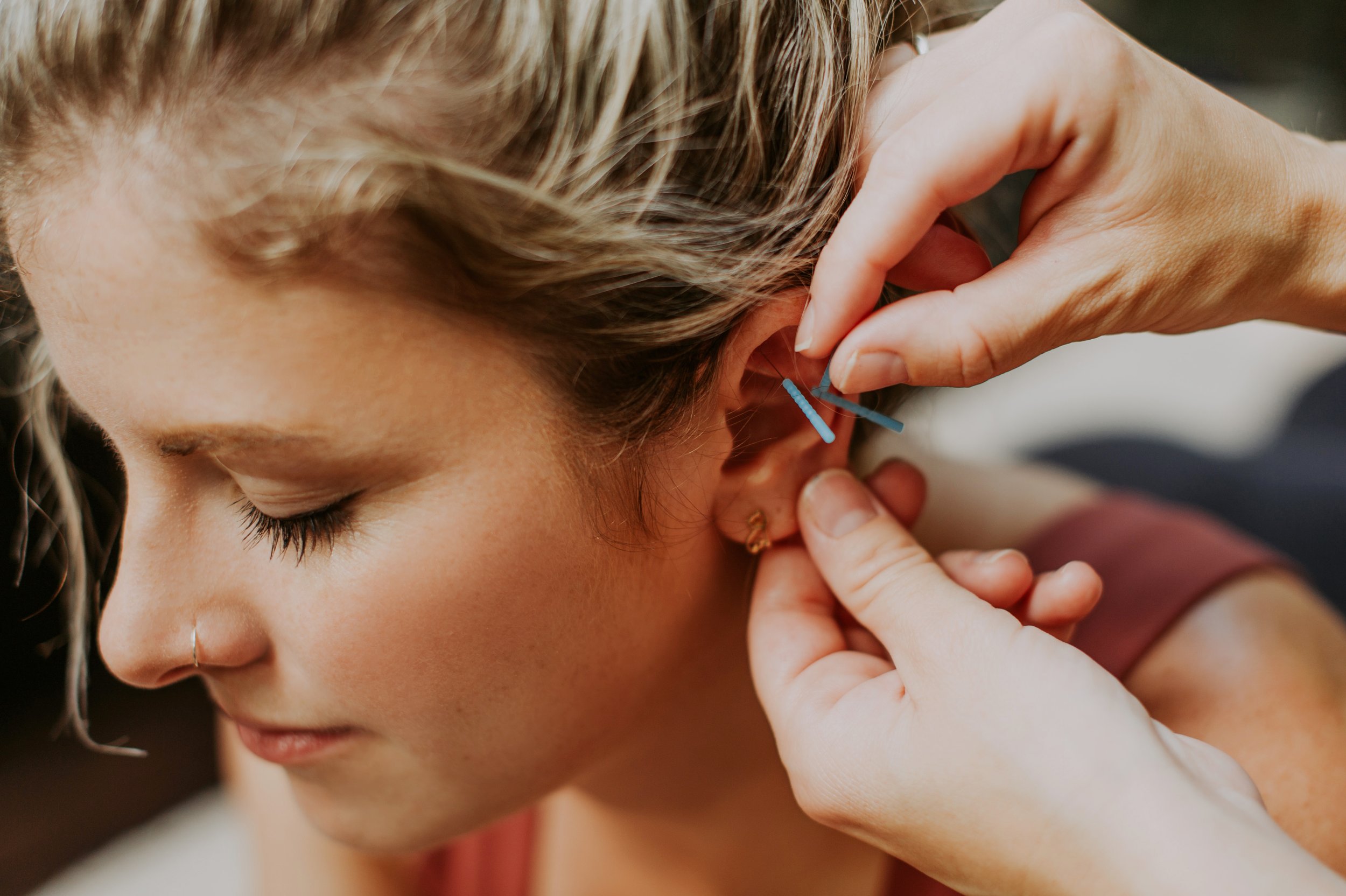What is acupuncture?
Acupuncture is approximately 3,000 year-old traditional Chinese medical practice. Acupuncture is placing sterile single use needles into the skin at specific places on the body to produce self-healing effects.
Acupressure has the same principals of acupuncture but using pressure and massage at the specific acupoint instead of insertion of needle to the acupoint.
Acupuncture stimulates the central nervous system to release neurotransmitters and hormones in order to dull pain, boost immunity, and regulate various body functions. By stimulating the body’s various systems, acupuncture can help resolve pain, improve sleep, digestive function and overall wellbeing.
What acupuncture helps with
-
• Acute sinusitis
• Acute rhinitis
• Common Cold and Flu
• Acute tonsillitis -
• Acute bronchitis
• Bronchial asthma (Most effective in children and uncomplicated conditions.) -
• Acute conjunctivitis
• Central Retinitis Myopia (in children)
• Cataracts (without complications) -
• Toothache
• Post Extraction Pain
• Gingivitis
• Acute and Chronic Pharyngitis -
• Spasms of esophagus
• Hiccough
• Gastroptosis
• Acute and Chronic Gastritis
• Gastric Hyperacidity
• Chronic Duodenal Ulcer (pain relief)
• Acute Duodenal Ulcer (without complications)
• Acute and Chronic Colitis
• Acute Bacillary Dysentery
• Constipation
• Diarrhea
• Paralytic Ileus -
• Headache and Migraine
• Trigeminal Neuralgias
• Facial Palsy (early stage, i.e., within 3-6 months)
• Pareses Following a Stroke
• Peripheral Neuropathies
• Sequelae of Poliomyelitis (early stage, i.e., within 6 months)
• Meniere’s Disease
• Neurogenic Bladder Dysfunction
• Nocturnal Enuresis (bedwetting)
• Intercostal Neuralgia
• Cervicobrachial Syndrome
• Frozen Shoulder
• Sciatica
• Low Back Pain
• Osteoarthritis
• Carpal Tunnel Syndrome
• Back and Knee Pain
• Fibromyalgia
• Chronic Fatigue
• Sports Injuries and Pains -
• Premenstrual Syndrome
• Dysmenorrhea (menstrual cramps)
• Spotting and Excessive
• Bleeding Amenorrhea (Loss of Menstrual Period)
• Impotence
• Infertility
• Incontinence
• Prostatis -
• Stress
• Anxiety
• Depression
• Insomnia
Sources: 1. NIH, Acupuncture, Nov. 3–5, 1997, Vol. 15, No. 52. World Health Organization. Viewpoint on Acupuncture. Geneva, Switzerland: World Health Organization, 1979.



